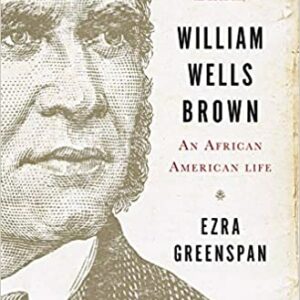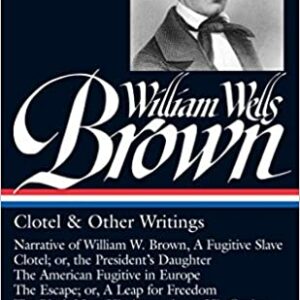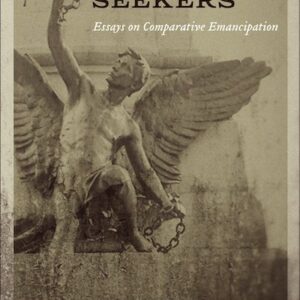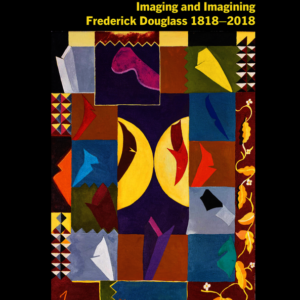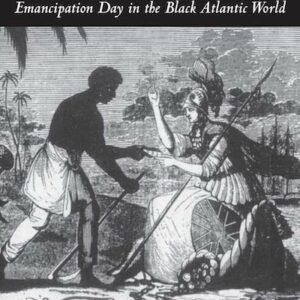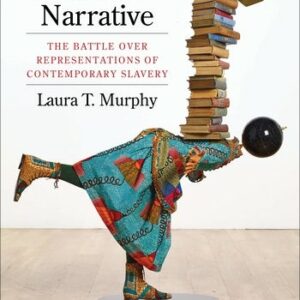
The New Slave Narrative: The Battle Over Representations of Contemporary Slavery
By Laura T. Murphy (NHC Fellow, 2017–18) A century and a half after the abolition of slavery in the United States, survivors of contemporary forms of enslavement from around the world have revived a powerful tool of the abolitionist movement: first-person narratives of slavery and freedom. Just as Frederick Douglass, Harriet Jacobs, and others used … Continued
